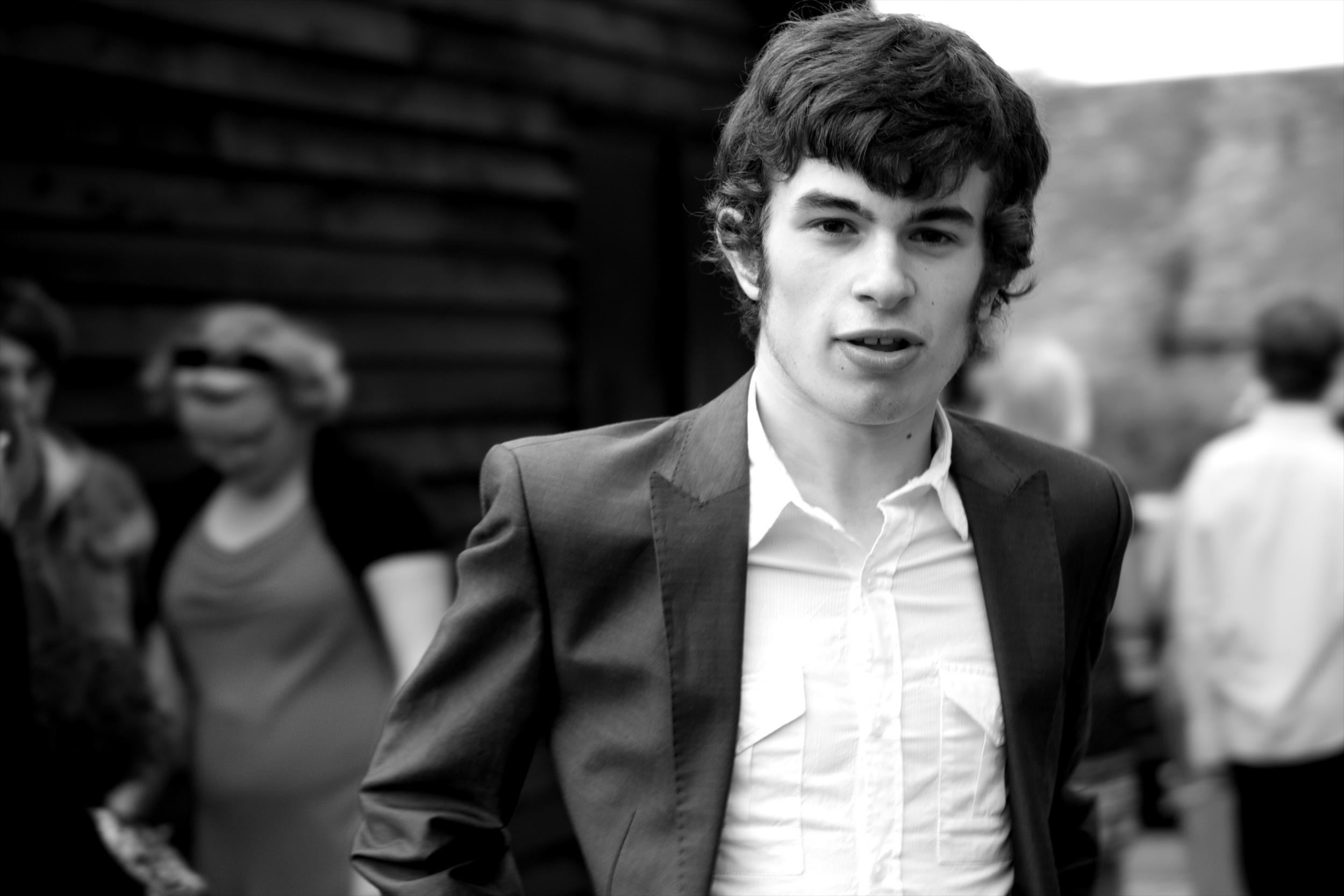Psychiatrist showed 'no remorse' over death of teenager who drowned in bath, tribunal hears
Connor Sparrowhawk had already had two suspected epileptic fits, including an earlier episode in the bath, in the weeks before his death

Your support helps us to tell the story
From reproductive rights to climate change to Big Tech, The Independent is on the ground when the story is developing. Whether it's investigating the financials of Elon Musk's pro-Trump PAC or producing our latest documentary, 'The A Word', which shines a light on the American women fighting for reproductive rights, we know how important it is to parse out the facts from the messaging.
At such a critical moment in US history, we need reporters on the ground. Your donation allows us to keep sending journalists to speak to both sides of the story.
The Independent is trusted by Americans across the entire political spectrum. And unlike many other quality news outlets, we choose not to lock Americans out of our reporting and analysis with paywalls. We believe quality journalism should be available to everyone, paid for by those who can afford it.
Your support makes all the difference.A psychiatrist who faces being struck off following the death of an epileptic teenager for whom she was responsible showed "an absence of remorse" in the aftermath, a tribunal has heard.
Connor Sparrowhawk, an 18-year-old with learning difficulties, died after being found submerged in a bath at Slade House NHS care unit in Oxford in July 2013.
A disciplinary panel subsequently ruled Dr Valerie Murphy had "ultimate responsibility" for him and should have carried out and recorded risk assessments.
The Medical Practitioners Tribunal Service (MPTS) heard Mr Sparrowhawk had already had two suspected epileptic fits at the unit, including an earlier episode in the bath, in the weeks before his death.
Dr Murphy had said she believed the assessments were the responsibility of nurses, but accepted she had failed to comment on risk assessments carried out by nursing staff.
Mr Sparrowhawk's mother, Sara Ryan, an Oxford University academic, told the hearing in August her own concerns were dismissed and she found Dr Murphy "dismissive, arrogant and distant".
She had been led to believe he was being "observed closely" in case he had a fit, but staff checks on him had been reduced from every 10 or 15 minutes to an hour, the tribunal heard.
On Sunday, the tribunal found Dr Murphy's fitness to practise was impaired because of an absence of real and full insight, taking only partial steps to remediation and the impact of her misconduct on the profession.
Dr Murphy, who denied misconduct, had admitted 30 failings in relation to his death, but the tribunal found a further nine were proved and 18 were not proved.
The tribunal will reconvene in Manchester at a later date to decide what sanction, if any, to impose on Dr Murphy, which includes erasure from the medical register.
Tribunal chairman Martin Jackson noted that Mr Sparrowhawk's mother had still not received an apology from Dr Murphy.
He said: "Even at the beginning of these proceedings in 2017, she (Dr Murphy) still appeared to be looking for excuses, a position from which she has not departed significantly to date.
"There is a clear reluctance to admit full responsibility for her actions, as she appears to have only accepted responsibility for those parts which cannot be denied.
"Furthermore, the tribunal has noted that there has been an absence of apology to Patient A's mother and an absence of remorse for the consequences.
"It considers that the remorse displayed was limited to the consequences these proceedings have had upon her."
Mr Sparrowhawk was diagnosed with autism aged three, had learning difficulties, and developed epilepsy at 18 when his behaviour began to deteriorate.
With his family struggling to cope, he was found a place at Slade House in March 2013 for further assessment and to come up with a plan for his treatment.
The unit, now closed, was run by Southern Health NHS Foundation Trust, which accepted full responsibility after an inquest into Mr Sparrowhawk's death ruled neglect played a part.
The trust is facing prosecution under the Health and Safety Act.
Connor’s parents set up the website Justice for LB, which stands for Justice for Laughing Boy, their nickname for Connor. His mother wrote a book with the same title to tell the story of what she terms “an entirely preventable death”.
His mother wrote on her blog recently: “Sitting in the kitchen with the three officers as they talked us through the investigation. And wondered what LB would think. He had an unwavering lifetime love of the police and the law. Of justice and human rights. He would love the attention to detail and careful process being described. It would be something he would return to endlessly. The source of a billion questions.”
In October 2015, an inquest jury found serious procedural failings and neglect had contributed to Connor’s death.
Two months later, a report by audit firm Mazars, commissioned by NHS England in 2014 at the request of Connor’s family, found that Southern Health had failed to properly investigate the deaths of more than 700 people with learning disabilities or mental health problems over the four years to 2015.
Press Association contributed to this report